Description
iPSC Point Mutation Service Details
Point Mutation Cell Lines mimic mutations seen in clinical specimens and are important in vitro disease models to understand the role of genes in diseases (central nervous system (CNS) diseases and autoimmune diseases) as well as for drug discovery and immunotherapy development. We use optimized CRISPR protocols to generate iPSCs with single nucleotide mutations (e.g., insertion, deletion, single base change). At ASC, we can even correct point mutations found in a mutant allele.
Service Advantages:
- Optimized CRISPR protocols for a high success rate
- Homozygous/ heterozygous point mutation clones
- Footprint-free, feeder-free transfection, and iPSC culture protocols
- Isogenic control lines for reliable experiments
- Fully customizable
Standard Packaging
- Ship 2 million frozen cells in cryovials (two (2) vials with 1 x 10^6 cells/vial)
- iPSC Control Lines & iPSC Generation Services are available
- With pathogen and SARS-CoV-2 test results
Standard Deliverables:
- Two (2) clones for targeted point mutation, with two (2) vials of each clone at 1 x 10^6 cells/vial.
- Project Milestones Reports, as well as a Final Report containing details of targeting design, experimental, and genotyping results.
Standard Workflow & Timeline:
- Cell line evaluation
- gRNA design, CRISPR vector, and donor DNA construction, and reagent validation
- Transfection of targeting vectors and optimization
- Screening for single cell clones and clone confirmation
- Cell expansion and cryopreservation
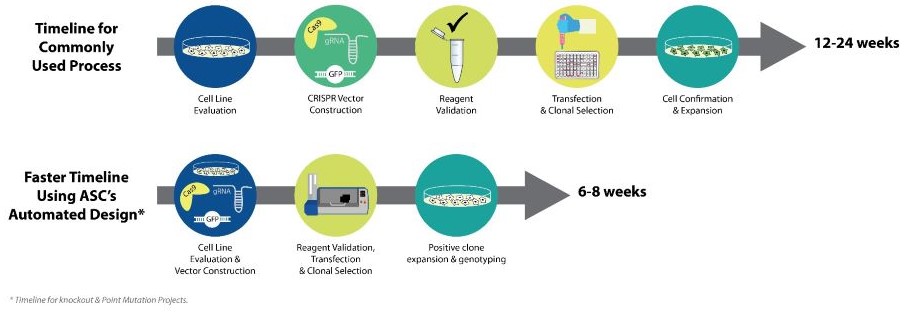
Timeline:
6-8 weeks (w/ ASC’s control line)
3-4 months (w/ your iPSCs)
Required Starting Material & Information
- Send us your healthy/disease patient iPSCs; OR
- Choose from our well-characterized control “master” iPSC lines; OR
- Send in your human or non-human samples and we will generate your iPSCs using our optimized reprogramming protocols
- Pathogen and SARS-CoV-2 test results
Applications:
- Physiologically relevant disease models for hard-to-model diseases (Ex. ALS, muscular dystrophy, Parkinson’s disease, Alzheimer’s)
- Differentiate to study mutations in different tissue lineages with an isogenic panel of cell line models
- Ideal for target drug discovery, drug and toxicity screening
Applied StemCell can also provide expanded characterization and differentiation to somatic lineages such as NK cells, T cells, astrocytes, retinal pigment epithelium (RPE), cardiomyocytes, hepatocytes, and more.
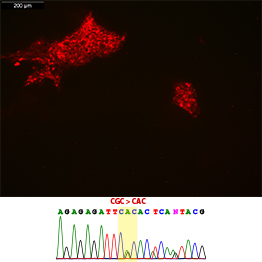
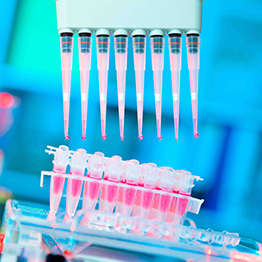
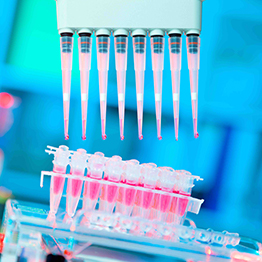
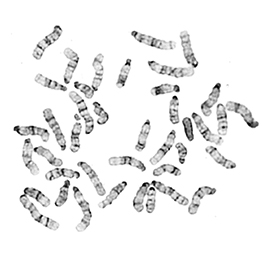
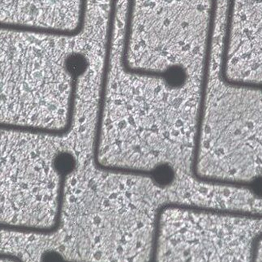
Reviews
There are no reviews yet.